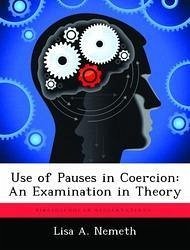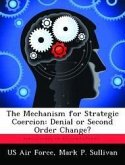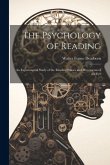Coercion theory is traditionally segmented into compellence and deterrence. Recently theorists have begun to consider coercion comprehensively. This monograph continues that line of study and defines coercion as the threat of, or use of, elements of national power to make an opponent choose to comply with the coercer's wishes. This approach to coercion theory has allowed focus to shift to more applicable uses of coercion such as the use of coercion by a coalition or methods of application. In that line, this monograph studies the use of pauses within coercion theory. Pauses are defined as a temporary halt to offensive operations for the purpose of bringing about conflict termination. Existing theory, while mentioning the existence of a pause, does not discuss the effects the pause may have on the use of coercion. This paper fills that gap and forms a theoretical basis for the conduct of case studies to examine the hypothesis it presents. As defined, pauses may be used to allow the target to reconsider his actions, as a temporary reward, or as an ultimatum presented to the target prior to an increase in the level of violence. Whatever the intention, an examination of theory indicates that pauses create negative consequences. First, they delay the defeat of the target by allowing reorganization, increases to his morale, and consequently, escalating his desire to resist. Secondly, pauses impact the credibility of the coercer by indicating he is restrained in his ability to use force. Finally pauses increase opportunities for the target to use counter-coercion. If the coercer is a coalition, theory indicates there is risk that all effects will be magnified. As a consequence of these counterproductive effects, this monograph urges caution if pauses will be used in coercion.
Bitte wählen Sie Ihr Anliegen aus.
Rechnungen
Retourenschein anfordern
Bestellstatus
Storno








